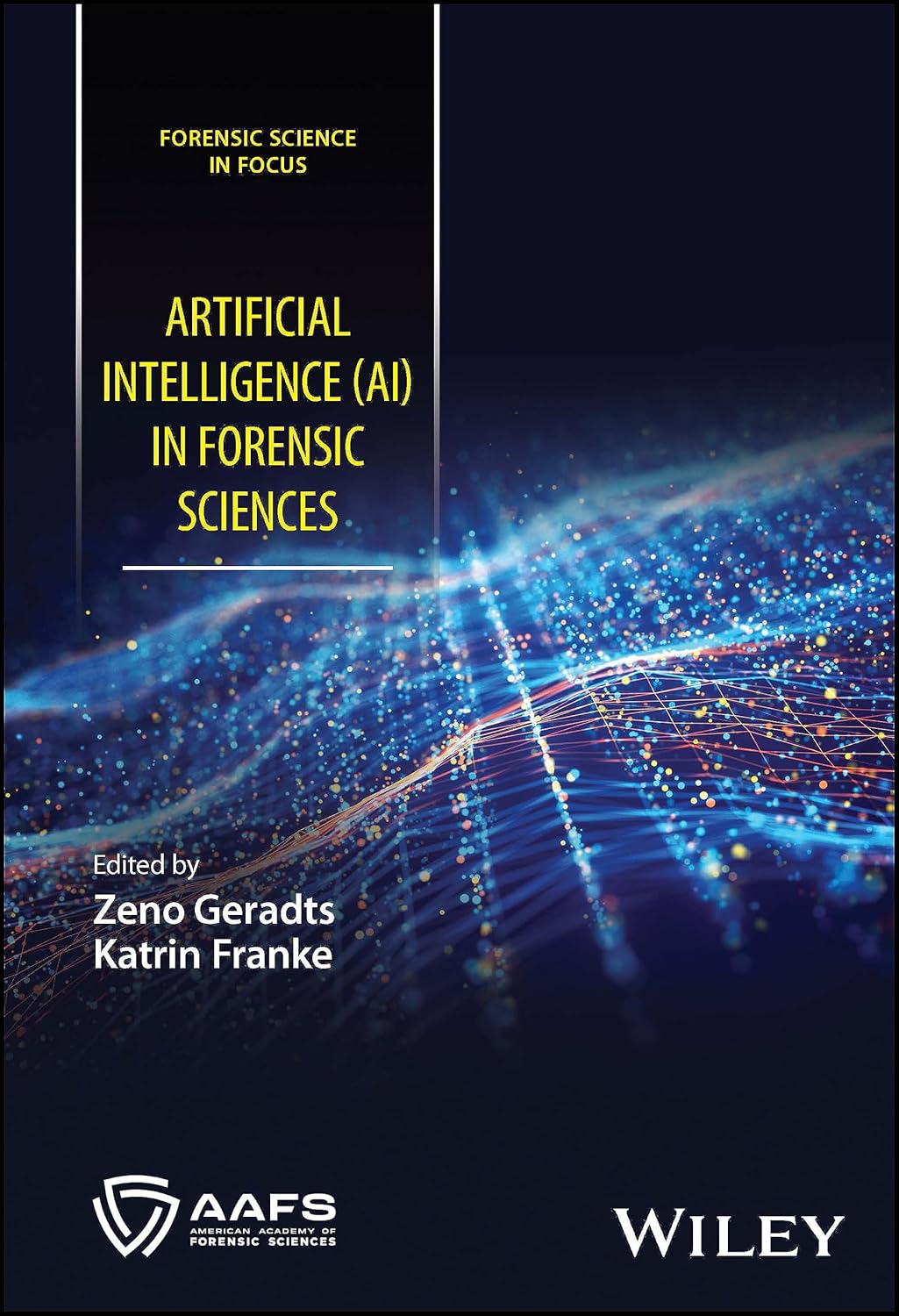

Most ebook files are in PDF format, so you can easily read them using various software such as Foxit Reader or directly on the Google Chrome browser.
Some ebook files are released by publishers in other formats such as .awz, .mobi, .epub, .fb2, etc. You may need to install specific software to read these formats on mobile/PC, such as Calibre.
Please read the tutorial at this link: https://ebookbell.com/faq
We offer FREE conversion to the popular formats you request; however, this may take some time. Therefore, right after payment, please email us, and we will try to provide the service as quickly as possible.
For some exceptional file formats or broken links (if any), please refrain from opening any disputes. Instead, email us first, and we will try to assist within a maximum of 6 hours.
EbookBell Team

4.1
10 reviewsFoundational text for teaching and learning within the field of Artificial Intelligence (AI) as it applies to forensic science
Artificial Intelligence (AI) in Forensic Sciences presents an overview of the state-of-the-art applications of Artificial Intelligence within Forensic Science, covering issues with validation and new crimes that use AI; issues with triage, preselection, identification, argumentation and explain ability; demonstrating uses of AI in forensic science; and providing discussions on bias when using AI.
The text discusses the challenges for the legal presentation of AI data and interpretation and offers solutions to this problem while addressing broader practical and emerging issues in a growing area of interest in forensics. It builds on key developing areas of focus in academic and government research, providing an authoritative and well-researched perspective.
Compiled by two highly qualified editors with significant experience in the field, and part of the Wiley ― AAFS series ‘Forensic Science in Focus’, Artificial Intelligence (AI) in Forensic Sciences includes information on:
Cyber IoT, fundamentals on AI in forensic science, speaker and facial comparison, and deepfake detection
Digital-based evidence creation, 3D and AI, interoperability of standards, and forensic audio and speech analysis
Text analysis, video and multimedia analytics, reliability, privacy, network forensics, intelligence operations, argumentation support in court, and case applications
Identification of genetic markers, current state and federal legislation with regards to AI, and forensics and fingerprint analysis
Providing comprehensive coverage of the subject, Artificial Intelligence (AI) in Forensic Sciences is an essential advanced text for final year undergraduates and master’s students in forensic science, as well as universities teaching forensics (police, IT secur
…